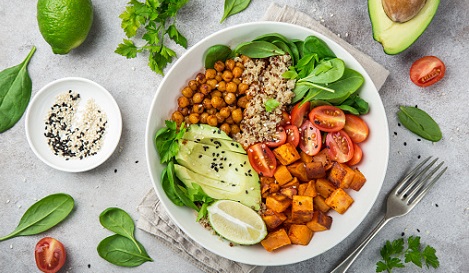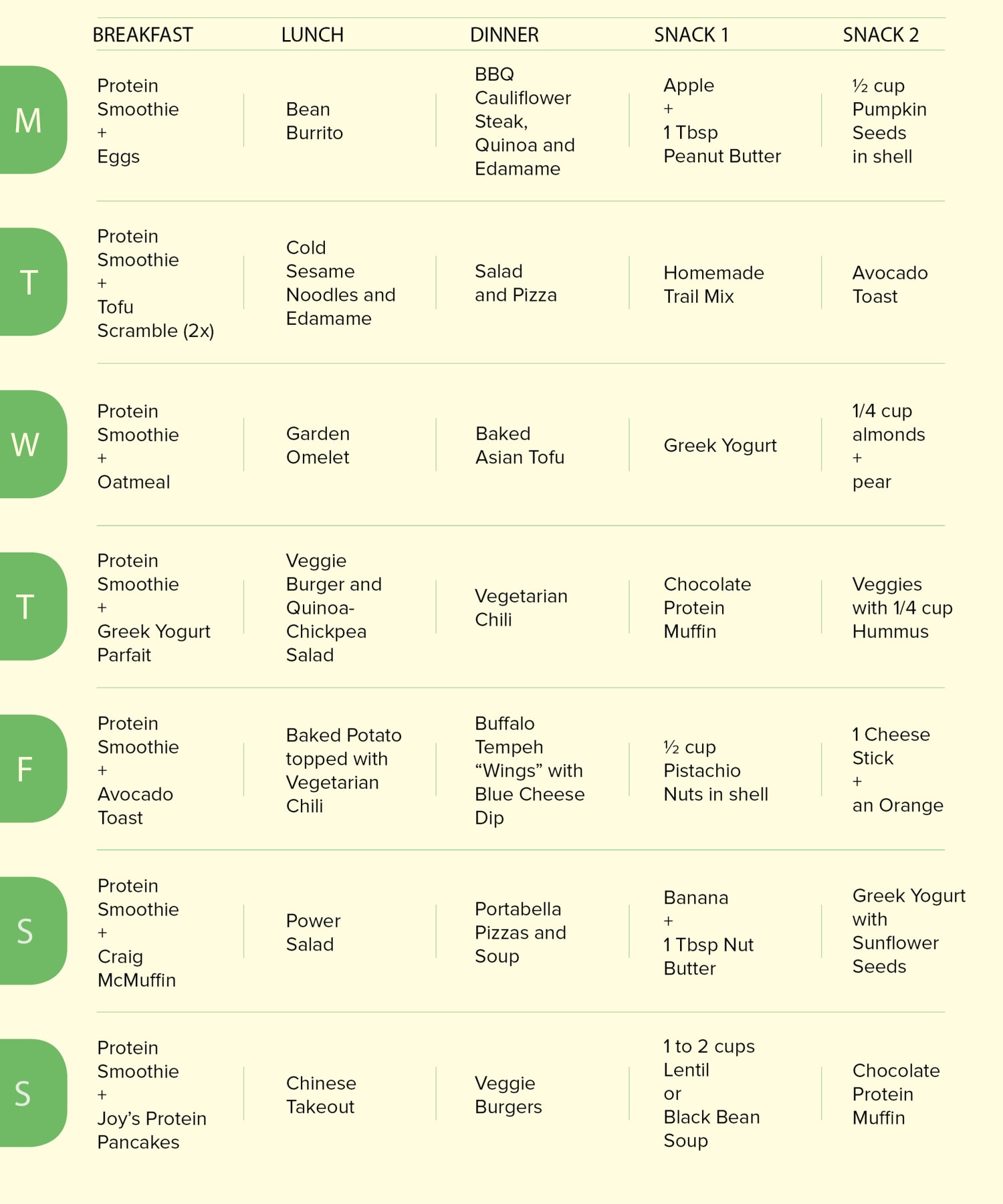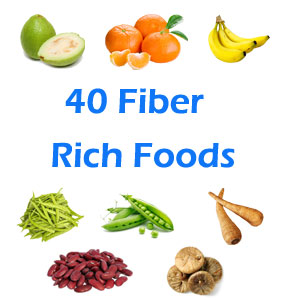
Plant-Powered Living: Expert Tips for Vegetarian and Vegan Diets
Embarking on a vegetarian or vegan journey is a transformative choice for both personal health and the environment. Let’s explore expert advice to make your plant-powered lifestyle a thriving and fulfilling experience.
Balanced Nutrition: The Foundation of Plant-Based Diets
One key to success in a vegetarian or vegan diet is ensuring a well-balanced intake of nutrients. Pay attention to essential elements such as protein, iron, calcium, and vitamin B12. Diverse sources like beans, lentils, tofu, and fortified plant-based products contribute to a comprehensive nutritional profile.
Protein Prowess: Building Blocks for Vegetarians and Vegans
Dispelling the myth that plant-based diets lack protein, individuals can attain ample protein from various sources. Incorporate legumes, quinoa, nuts, seeds, and soy-based products to meet daily protein requirements. A thoughtful combination of these foods ensures a diverse amino acid profile.
Iron-Rich Choices: Plant-Powered Energy Boost
Plant-based iron is abundant and easily accessible. Dark leafy greens, lentils, fortified cereals, and nuts can fulfill iron needs without the reliance on meat. Pairing these iron-rich foods with vitamin C sources enhances iron absorption, promoting sustained energy levels.
Calcium Concerns: Fortified Options for Bone Health
Maintaining strong bones on a plant-based diet involves embracing fortified sources of calcium. Almond milk, fortified plant-based yogurts, and leafy greens offer calcium without dairy. Vitamin D, essential for calcium absorption, can be obtained through sunlight exposure and fortified foods.
Omega-3 Fatty Acids: Nourishing the Brain and Heart
Incorporating omega-3 fatty acids into a vegetarian or vegan diet is crucial for cognitive and cardiovascular health. Chia seeds, flaxseeds, hemp seeds, and walnuts are excellent plant-based sources that provide the essential alpha-linolenic acid (ALA), a precursor to omega-3s.
Variety is Key: Exploring Culinary Diversity
Embrace the rich tapestry of plant-based cuisine by exploring diverse fruits, vegetables, grains, and herbs. A varied diet not only ensures a wide range of nutrients but also makes the vegetarian or vegan lifestyle exciting and enjoyable.
Supplementation: Bridging Nutritional Gaps
While a well-planned plant-based diet can meet most nutritional needs, some individuals may benefit from supplements. Vitamin B12, in particular, is commonly supplemented in vegetarian and vegan diets. Regular health check-ups can guide personalized supplementation based on individual requirements.
Mindful Eating: The Art of Listening to Your Body
Cultivate a mindful approach to eating by tuning into your body’s signals. Pay attention to hunger and fullness cues, savor each bite, and eat with intention. Mindful eating fosters a positive relationship with food and enhances overall well-being.
Sustainable Living: Beyond Personal Health
Vegetarian and vegan choices extend beyond individual health to environmental sustainability. Reducing meat consumption minimizes the ecological footprint, contributing to a more sustainable and compassionate lifestyle. Embrace the interconnected benefits of plant-powered living.
Cogniflex Review: Nurturing Cognitive Wellness
For those intrigued by the cognitive aspects of a plant-based lifestyle, explore more insights at Vegetarian and vegan diet advice. Discover how the choices you make in your diet may influence cognitive well-being.
In conclusion, adopting a vegetarian or vegan lifestyle is not just a dietary shift but a holistic commitment to health, the environment, and ethical values. Armed with expert advice, you can navigate this plant-powered journey with confidence, ensuring a flourishing and sustainable way of living.





